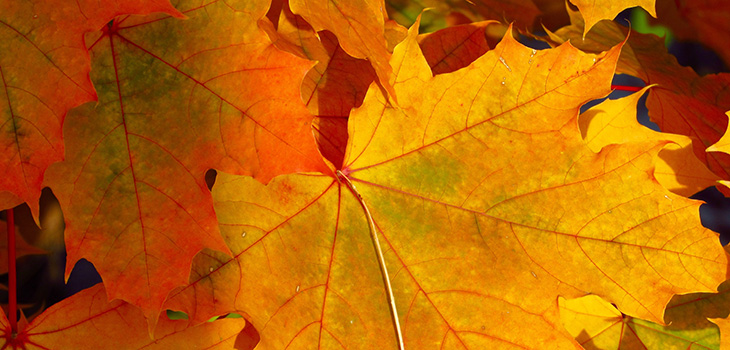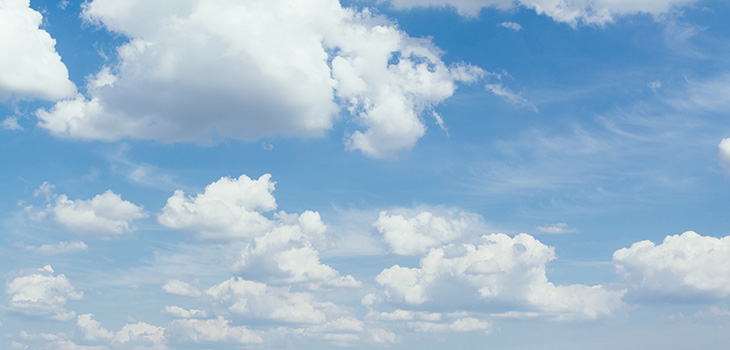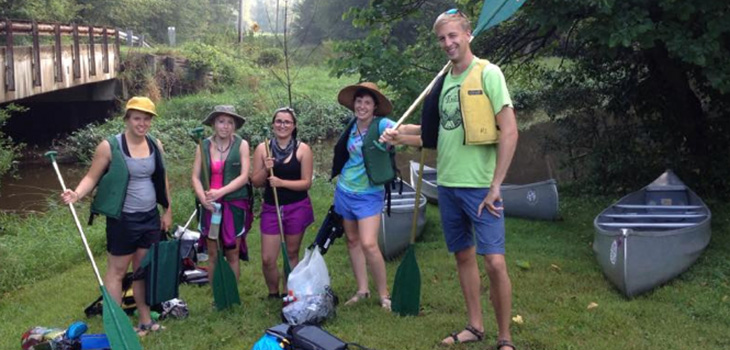Spirits can sag mid-way through a demanding graduate program—especially in the winter. It doesn’t help when your field of study requires you to prepare presentations on topics like microplastics and nuclear disasters. Between the workload, the weather and the state of the world, life can seem pretty grim.
One boost for MAEE students is a February course that takes place on Andros Island in the Bahamas. But it’s not just the beaches and sunny weather that make this experience memorable. The hosts for the group are Peter and Gabrielle Douglas, whose lifetime experiences on the island are an inspiration.
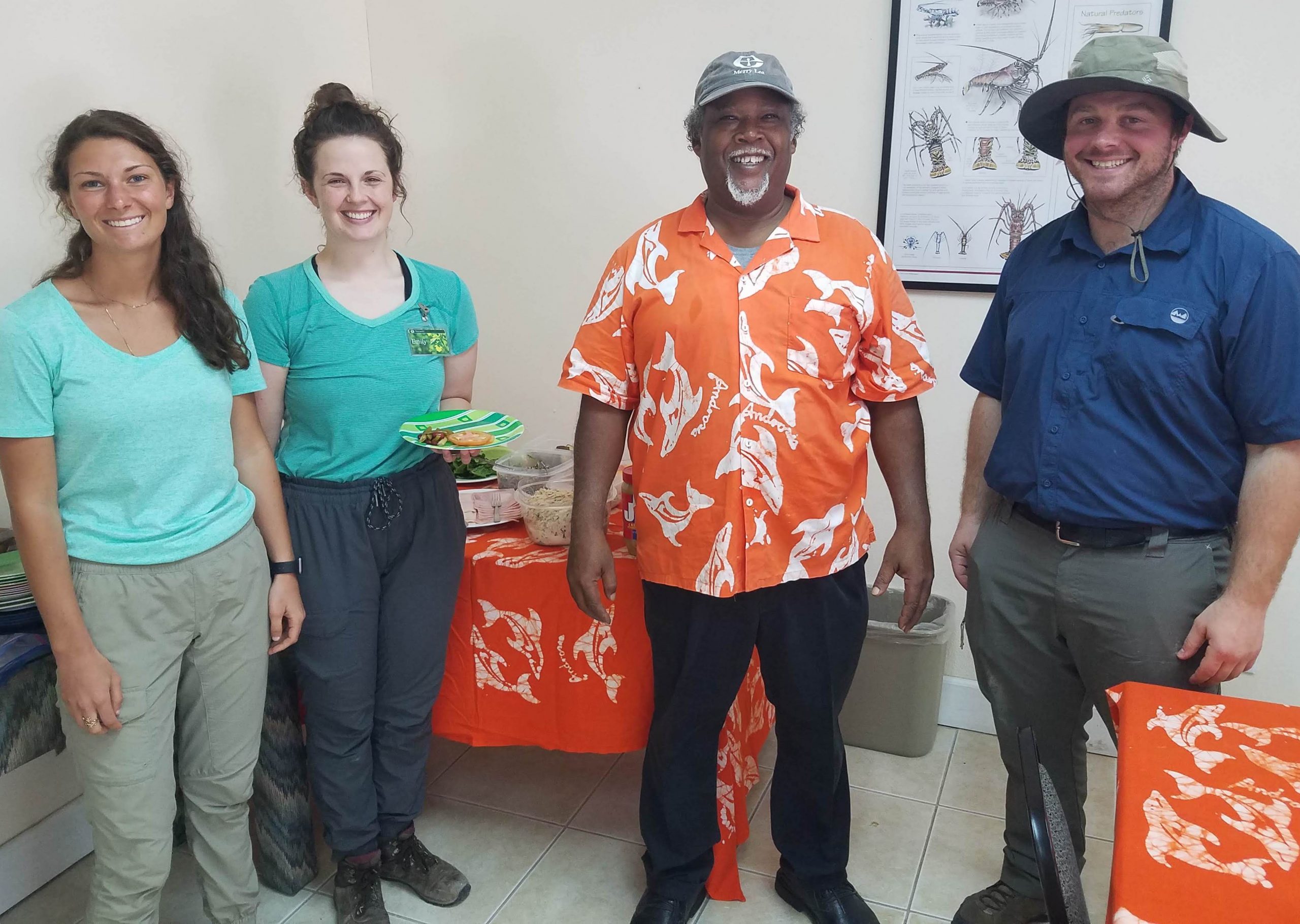
Meeting inspiring mentors
“It quickly becomes apparent that these two people have invested large chunks of their lives to improving the environmental health of Andros Island, and have made a difference,” observes Executive Director Luke Gascho, who teaches in the MAEE program and has accompanied the group.
The Douglases are founding members of the Andros Nature Conservancy and Trust and provided key leadership for establishing national parks which now preserve about half of the island. Peter served as a leading dive master on the island for decades and has observed the local coral reefs for over 30 years. He is able to show students examples of both decline in coral health due to climate change and the regeneration that positive actions can call forth. The couple has also worked on community recycling and protection of mangrove ecosystems.
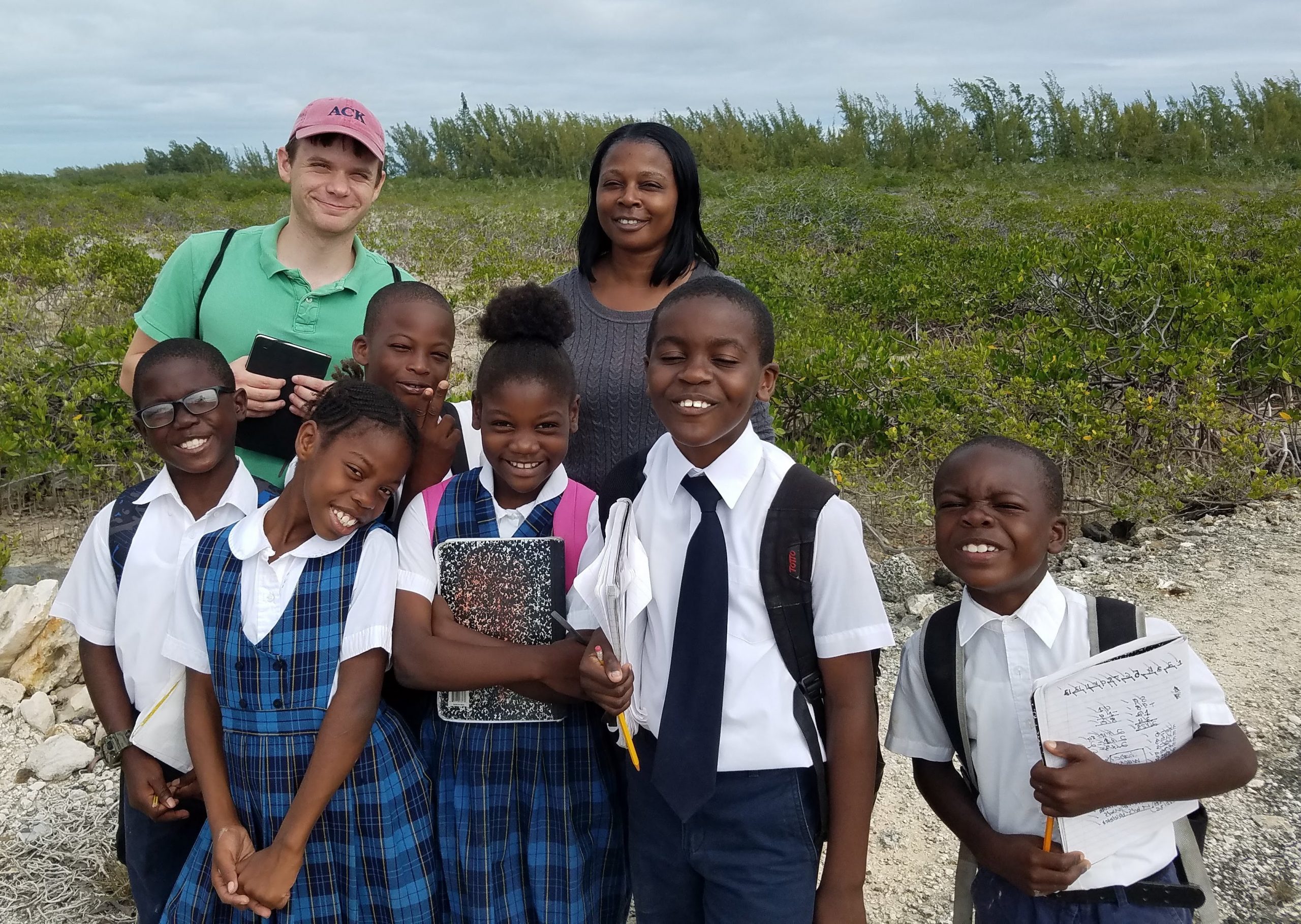
Serving in a new setting
The master’s students’ time in the Bahamas parallels Goshen College’s Study-Service Term in that it includes a practicum component. The visitors from Merry Lea teach in five local elementary schools that do not have expertise in environmental education on staff. While the MAEE students need to learn about island ecosystems from their Bahamian co-workers and the children, they are able to bring fresh perspectives from the field of environmental education.
“I feel that what we are doing with our graduate students represents some of the best of carbon on-setting,” Luke say, alluding to the carbon footprint required to fly to the Bahamas. “The genuine appreciation and enthusiasm of the schools is hopeful for all parties.”
In addition, the Bahamas is an integrative experience that draws on all of the preceding courses: research methods, pedagogy, natural history, environmental issues and of course the teaching practicums students do at Merry Lea. This too is hopeful: Students have the satisfaction of re-engaging with what they have learned and applying it to a new setting.

